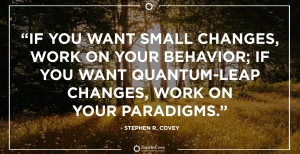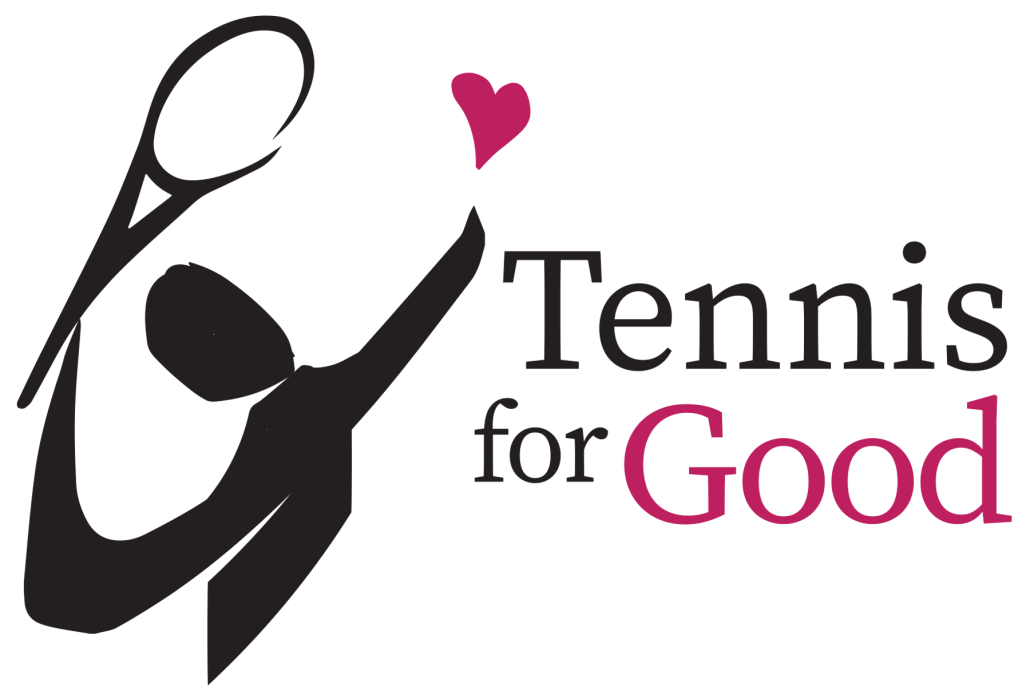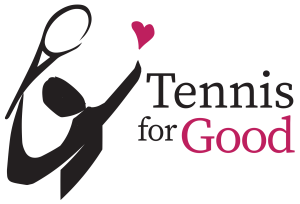TODAY’S MEDITATION: WHAT TENNIS TEACHERS ROUTINELY GET WRONG
 The orthodox approach to teaching tennis is antiquated and unsophisticated — it’s as if the entire industry got caught inside a circa-1955 time bubble.
The orthodox approach to teaching tennis is antiquated and unsophisticated — it’s as if the entire industry got caught inside a circa-1955 time bubble.
My evidence is as follows, Your Honor.
First, none of the teaching pros I know routinely use video technology despite its being immensely helpful (although usually quite sobering).
Second, most health professionals require clients to fill out an intake form before they get started. Not tennis teachers, though, although it’s their job to make their students’ tennis game ‘healthier.’ The typical tennis teacher’s intake consists of, “Hi, I’m Joe. What would you like to work on today?” Useful and even vital information isn’t surfaced because of the utter absence of pre- lesson input:
- Context. Why does the student want to take lessons? Do they want to work on just one stroke or get better across the board? Do they want to get a little better or a lot better? What’s their time window for seeing improvement?
- Motivation. Why do they play the game? Is it for social reasons? To win a championship? Because they have a growth mindset and are playing a ‘long game’ to get better as a person?
- Effective Teaching. What is their learning style? Is it kinesthetic? Verbal/metaphorical? Different learning styles call for different approaches to imparting information.
Similarly for post-lesson ‘post-play.’ Workshop teachers typically have their students fill out post-gathering evaluations. What worked and what didn’t? How do you feel about what you just experienced? Do you have feedback about how your learning process might be accelerated? This is all useful information, but it is rarely elicited — and it is never elicited, so far as I know, as part of a formal pedagogical process.
Put all these factors together and the current conventional approach to teaching tennis emerges as both simple and simplistic. It treats the game as physical (“Watch the ball! “Turn your shoulder!”) and tactical/strategic (“When you hit that shot, you should have followed it up to the net”) while ignoring the uniqueness of the student as well as the game’s inner dimension with its mental, emotional and spiritual components.
In sum, today’s shrunken tennis-teaching canvas falls short in two ways. It disregards the student’s individuality and unique needs, and it also fails to honor the fundamentally integral nature of the game. To excel at tennis, or even just to get better at it, people have to develop a stronger inner game in addition to improving technically and tactically. Unfortunately, the inner dimension is largely or totally disregarded by orthodox tennis teachers unless their niche requires them to help their charges get better at competing — high school coach, university coach, tennis mill employee, etc.
I understand the logic for this — “We tennis pros are jocks, not shrinks! We shouldn’t be getting out of our lane. We should be staying with what we know” — but the approach is old-fashioned and outdated. ‘Circa 1955,’ right? Which was before the explosion of introspection in the 1960s and 1970s that gave birth to Gallwey’s Inner Game, launched a thousand other personal-growth ships, and started us on the road toward fully integral thinking, which — to oversimplify immensely — builds both depth and growth into our model of the human psyche.
I’m really taken aback at how the critique I’ve laid out appears to be absent from the current tennis culture and community. Maybe it’s out there and I’m just not plugged into it. Still, from where I sit (and stand, and whack tennis balls), this strikes me as a massive tennis-culture blind spot.
What would an integral approach to teaching tennis look like? I started writing about this in an earlier post (“Tennis as a Secular Martial Art: A Curriculum”) and I’ll elaborate on the subjet in future meditations. For now, I’ll leave it at this: It would include everything that the current orthodox approach does, and build and expand around it.
Does the current approach to teaching tennis seem optimized to you? Have you ever wished for something different, something better? In the rest of your life, do you tend to accept orthodoxy or to challenge and re-vision it?


Leave a Reply
Want to join the discussion?Feel free to contribute!